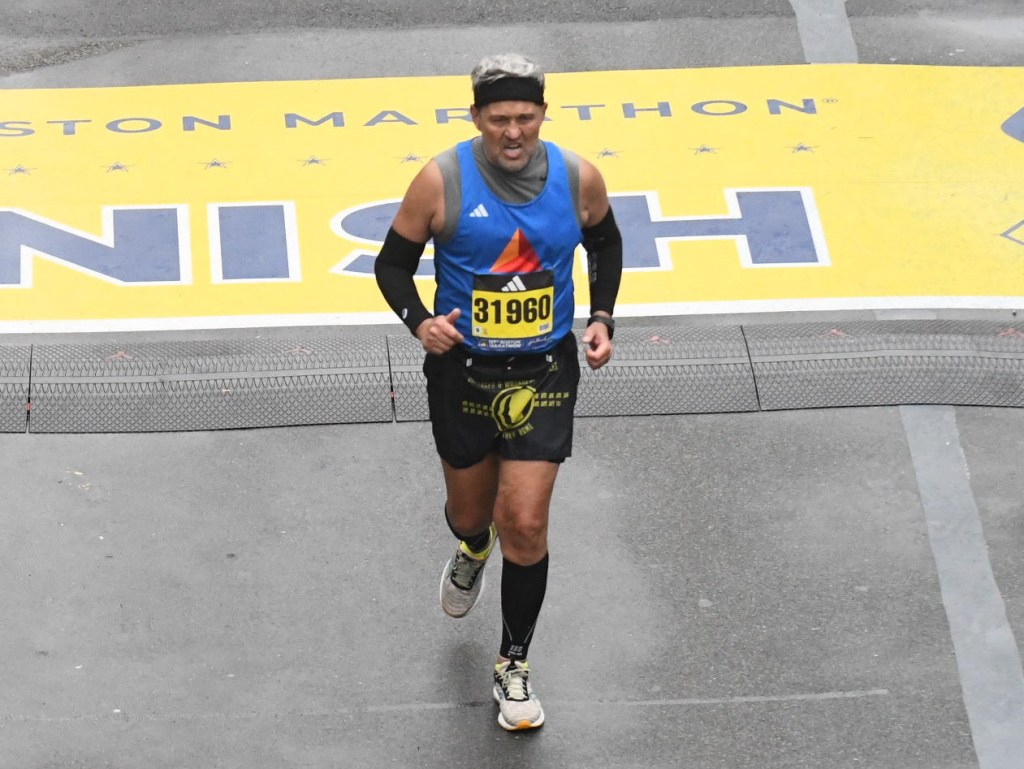Jorge L Toledo
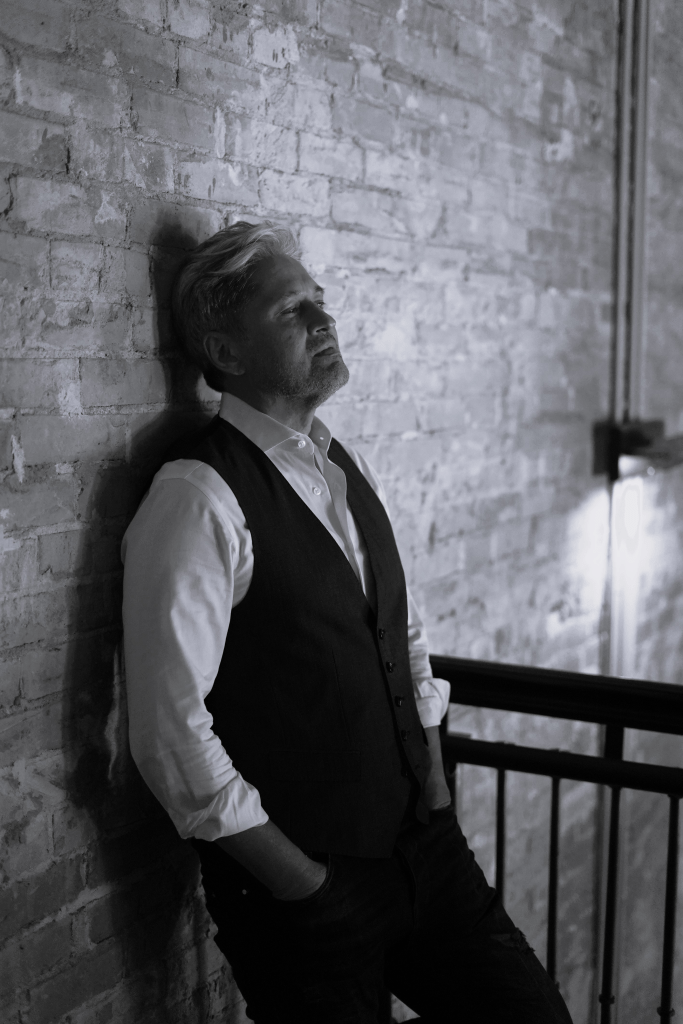
Jorge L. Toledo is a Professional Speaker, a former Oil and Gas Senior Executive, a Visionary, an Artist, a Marathon Runner, an Enterprise Architect, and a Survivor of 1,775 days of extreme, arbitrary, and illegal detention in Venezuela.
An inspiring and motivating leader characterized by integrity, leadership, high moral values, and ethics, he has successfully improved organizations in the Oil and Gas business for almost 40 years, creating positive change and motivating the teams to superior performance levels in global operations and multinational business protocols. Before developing his career in Oil and Gas, Toledo also received a formal music education that made him a remarkable bass player and a recording artist in the early eighties. Additionally, Toledo developed theatrical experience as well as modern dance.
An avid marathon runner, he ran in different locations, including New York, Chicago, Boston, Washington DC, Berlin, Barcelona, and Paris. Toledo holds a Bachelor of Science in Mechanical Engineering (BSME) degree from the Simón Bolívar University in Caracas, Venezuela, and an MBA and a Specialization in International Business from the University of Miami in Coral Gables, Florida.
On November 21, 2017, Toledo was the victim of an abduction and enforced disappearance in Venezuela to be used as an asset for foreign policy leverage and coercion by the Venezuelan regime with the United States. A 1,775-day journey of brutal, extreme, and atrocious captivity in two of the most notorious prisons in the world finished on October 1, 2022, through a prisoner swap executed by the U.S. Government and the Venezuelan regime.
After his release from captivity, Toledo is actively speaking in public to use his survival as a living experience to help and motivate others, advocate for hostages and political prisoners, as well as raise his voice to create awareness of a new threat to the civilized world, Hostage Diplomacy. Toledo is currently documenting his life experience in a book in progress: “1,775 Days of Captivity – Survival and Growth”
The Ordeal
As approached Thanksgiving 2017, on November 18, Jorge Toledo, the Vice President of Supply and Marketing at CITGO Petroleum Corporation, received an unusual meeting request to travel to Caracas, Venezuela; however, the subject was not disclosed. It was exceptional that the only executives required to attend the meeting were the ones with dual citizenship (U.S. and Venezuela).
After arriving in Caracas the following day, November 19, the group headed to the offices of the President of PDVSA to begin the meeting. The topic was solely about the area of finance, something that was outside the scope of Toledo’s responsibilities at the Corporation. Meeting sessions continued on November 20. The following day (November 21, 2017), by 10:00 am, security forces of the Bolivarian Republic of Venezuela detained Toledo and his colleagues (also known as the “CITGO 6”) in the middle of a packed conference room. Toledo was taken hostage along with other people as a result of a geopolitical, social, and ideological context; however, in Toledo’s head, the motive was unclear and perplexing.
That day, Toledo’s 1,775-day journey of brutal, extreme, and atrocious captivity in Venezuela started. Toledo was the victim of an abduction and enforced disappearance to be used as an asset for foreign policy leverage and coercion by the Venezuelan regime with the United States of America. The “CITGO 6” were publicly accused of being CIA officials; on multiple occasions, Venezuelan government officials made this accusation through the local media. They were accused of collaborating with the United States Government to harm Venezuela with the imposition of economic sanctions, as pointed out by the prosecutor during the trial in Venezuela. They were falsely accused of signing a refinancing the Corporation’s debt, which was neither initiated nor occurred but was used to prosecute and sentence Toledo to eight years and ten months in prison. During the 1,775-day journey, Toledo and his colleagues were detained in a Maximum-Security Military Prison known as DGCIM and later in the notorious Helicoide, both in Caracas, Venezuela.
In addition to the countless risks and dangerous situations that jeopardized his health and life, Toledo’s imprisonment was characterized by extreme and dramatic conditions as a consequence of living in a dungeon. As a result, Toledo developed multiple ailments like pneumonia, kidney failure, COVID-19, high blood pressure, allergies, dramatic weight loss, scabies, and amebiasis, amongst others. Toledo was physically and psychologically tortured. The “CITGO 6” went through a broken judicial system that violated all proceedings and due process, ending in an unfair trial, condemning them without any evidence of a crime, without committing a crime.
Whether an abduction is perpetrated by guerrillas, terrorist groups, drug cartels, common criminals, or a State, an abduction is an abduction. This business model has now evolved, and in the third decade of the 21st century, States carry out most of the kidnappings and hostage-taking. It is what is known as Hostage Diplomacy, something Toledo was a victim of for 1,775 days.
On October 1st, 2022, Toledo was released from 1,775 days of captivity in Venezuela. His release, along with five other Americans and one U.S. permanent resident, was materialized after a very complex process that ended with a prisoner swap. In this case, human life was prioritized over politics, bi-partisan affairs, and moral and ethical biases to materialize the release.
The Artist
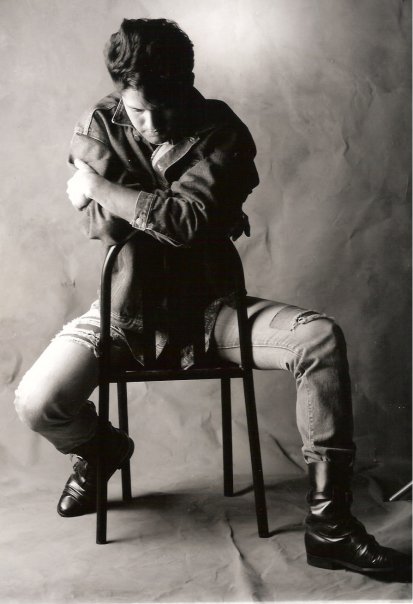
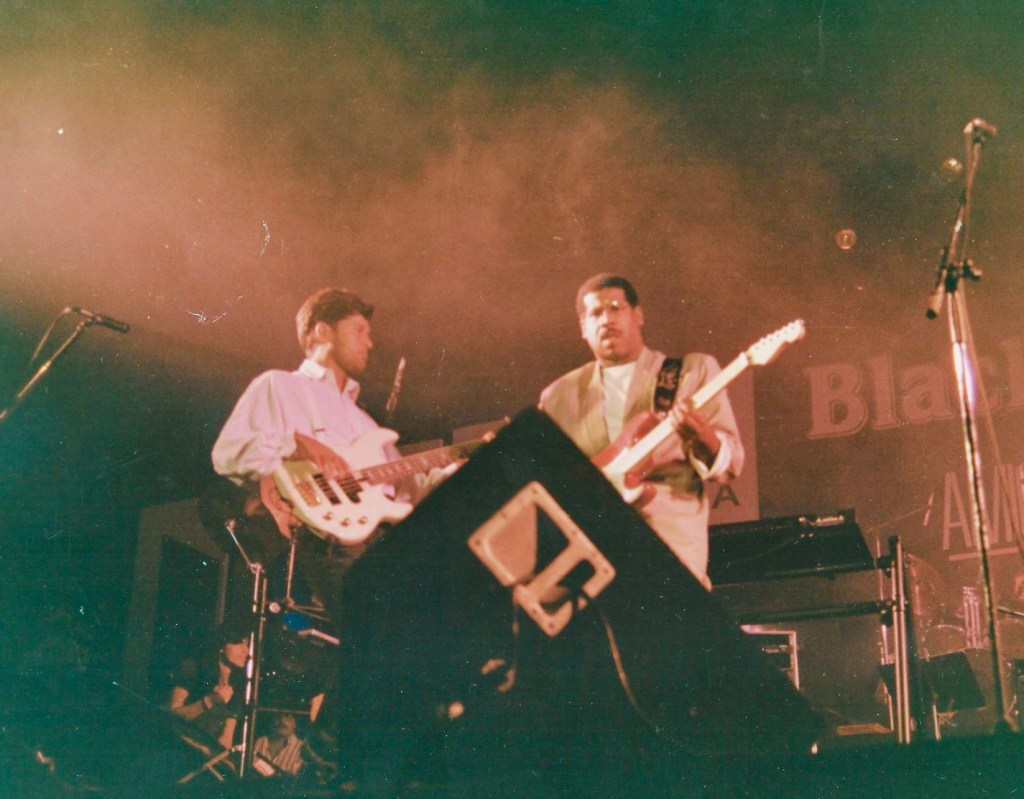
The Marathoner
The Marathoner Spirit, according to Toledo’s words: As the years unfolded, my passion for pushing boundaries and embracing challenges led me to explore the world of marathon running. From the bustling streets of New York to the historic routes of Boston, from the iconic landmarks of Chicago to the vibrant cities of Berlin, Barcelona, and Paris — I laced up my running shoes. I embraced the exhilarating journey of conquering marathons and towns across the globe. The discipline, endurance, and unwavering determination required in marathon running mirror the qualities that have shaped my character throughout life’s trials and challenges.
Before the arbitrary detention, Toledo spent almost 20 years running marathons in different places, including New York, Chicago, Boston, Washington DC, Berlin, Barcelona, and Paris. Running a marathon correlates with any challenge and endeavor that any person could face. It involves strategy, planning, execution, clear objectives, and milestones; it also involves, determination, perseverance, resilience, endurance, focus, faith, and hope. The discipline, perseverance, and endurance helped Toledo to survive his 1,775-day ordeal in Venezuela.
After his release in October 1, 2022, Toledo resumed his running activity to recover his shape and endurance as a runner. After 107 days from his release, Toledo finished the Houston Half Marathon on January 15, 2023. The journey continued, and the Boston Marathon appeared as a new challenge. Toledo successfully ran it on April 17, 2023. The addiction to running marathons ignited again in Toledo’s life on October 29, 2023, when the Marine Corps Marathon in Washington DC became another check on his bucket list. As of February 2024, Toledo has run more than 1,200 miles since the date of release.


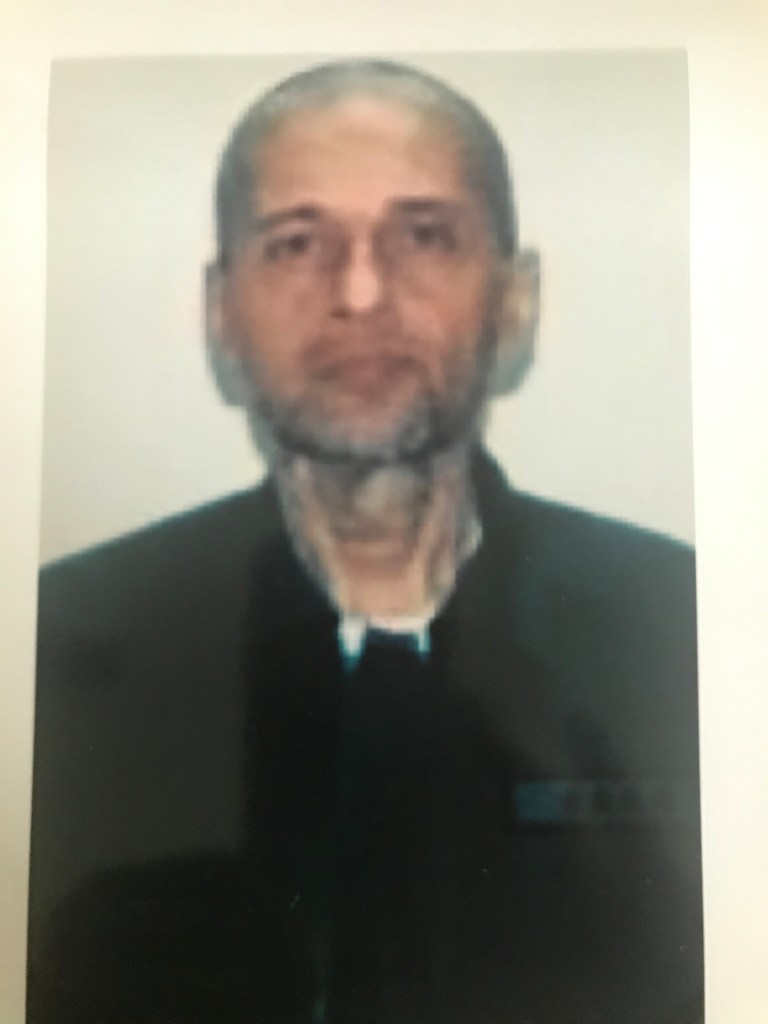
During his early years, Jorge Toledo developed a parallel journey within the performing arts, specifically in music, dance, and theater. It all began when, at nine years old, he entered the Music Conservatory in Caracas, initially on the classical guitar and then with the double bass. By 1977, he began playing bass professionally with Alexis Rossell, a fusion band of rock, jazz, and traditional Venezuelan music. He also started his timeframe as a composer and songwriter. However, beyond being a musician, Toledo always viewed himself as an artist where several disciplines within the performing arts were explored and developed.
The uniqueness expressed through study, experimentation, and dedication led Toledo to venture into modern dance and theater. Dance instruction is received from Luis Viana and Maria Cristina Anzola at the Instituto Superior de Danza de Caracas and Angelica Escalona at Theja Danza. The acting discipline was obtained in the Theja Theatre Company and Arte de Venezuela with Writer and Director Levy Rossell, both in Caracas.
Already in 1982, Toledo began to venture as a bassist and backing vocalist for recording sessions, TV commercials, and touring with renowned Venezuelan artists such as Carlos Mata and Frank Quintero, who produced Toledo as a recording artist (Tokyo) including his original songs. Toledo’s artistic life moved parallel to his college years; after obtaining a mechanical engineering degree, he transitioned to the oil and gas industry.
This education and experience within the performing arts contributed to Toledo’s natural transition to becoming a successful public speaker in the oil and gas sector, with a natural command over the stage and his audience, for almost 40 years. Toledo’s formal music education and background as a professional musician helped to preserve his mental health during captivity; music became one of Toledo’s tools to heal and survive.
Music expresses the sounds of the universe and the voices of the soul of each human being.
